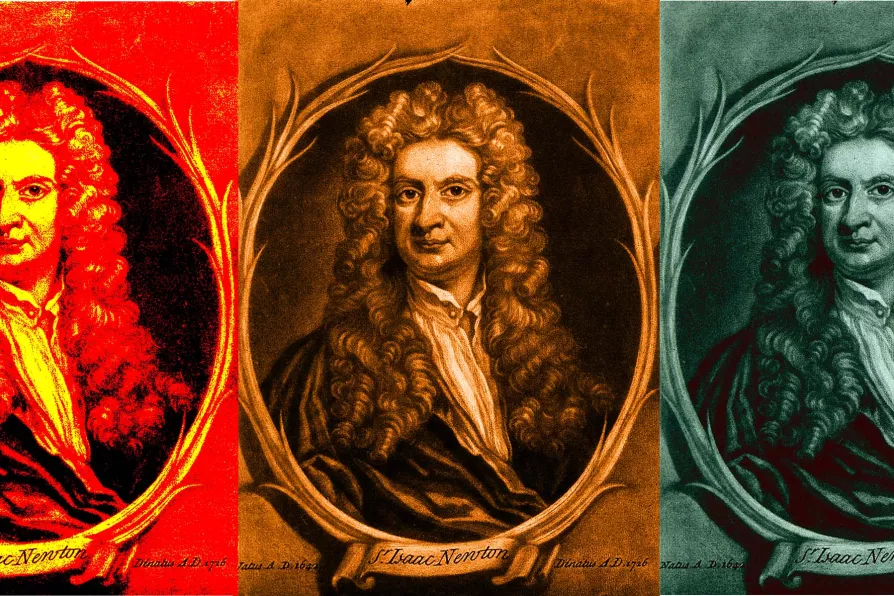As tens of thousands return to the streets for the first national Palestine march of 2026, this movement refuses to be sidelined or silenced, says PETER LEARY

 Newton was president of the Royal Society between 1703 and 1727
Newton was president of the Royal Society between 1703 and 1727
AT THIS time of year much attention is paid to the celebrities of science, thanks to the announcement of Nobel prizes next week.
One of the most prestigious scientific organisations in the world is the Royal Society (there are 33 living members of the Royal Society with Nobels in physiology or medicine, and 18 in physics).
Around the 1640s, a group of natural philosophers, as early scientists were known, referred to their interactions as “their Invisible College.”

JOHN GREEN’s palate is tickled by useful information leavened by amusing and unusual anecdotes, incidental gossip and scare stories

A maverick’s self-inflicted snake bites could unlock breakthrough treatments – but they also reveal deeper tensions between noble scientific curiosity and cold corporate callousness, write ROX MIDDLETON, LIAM SHAW and MIRIAM GAUNTLETT
Science has always been mixed up with money and power, but as a decorative facade for megayachts, it risks leaving reality behind altogether, write ROX MIDDLETON, LIAM SHAW and MIRIAM GAUNTLETT











